Medicine details
| Image |  |
| Name | Erlotin 150 |
| Dosage | Tablet |
| Generic Name | Erlotinib |
| Classes |
Anticancer/Antineoplastic Agent EGFR Inhibitor |
| Diseases |
Cancer Lung Cancer Pancreatic Cancer |
| Company | Healthcare Pharmaceuticals Ltd. |
Drug Package Details
| Strength | 150 mg |
| Storage Condition | |
| Origin Country | Bangladesh |
| Commercial Pack | 30 |
| Price per pack | ৳ 30,000.00 |
| Cost per pack | ৳ 26,400.00 |
| Package unit | 10 tabs strip |
| Price per unit | ৳ 1,000.00 |
| Cost per unit | ৳ 880.00 |
| Discount | 0 |
| Coupon | |
| Remarks |
Erlotinib
Erlotinib is an anticancer drug. Erlotinib inhibits the intracellular phosphorylation of tyrosine kinase associated with the epidermal growth factor receptor (EGFR). Specificity of inhibition with regard to other tyrosine kinase receptors has not been fully characterized. EGFR is expressed on the cell surface of normal cells and cancer cells.
Erlotinib is a kinase inhibitor indicated for:
- Maintenance treatment of patients with locally advanced or metastatic non-small cell lung cancer (NSCLC) whose disease has not progressed after four cycles of platinum-based first-line chemotherapy.
- Treatment of locally advanced or metastatic non-small cell lung cancer after failure of at least one prior chemotherapy regimen.
- First-line treatment of patients with locally advanced, unresectable or metastatic pancreatic cancer, in combination with gemcitabine.
- The dose for NSCLC is 150 mg/day.
- The dose for pancreatic cancer is 100 mg/day.
- All doses of Erlotinib should be taken on an empty stomach at least one hour before or two hours after food.
- Reduce in 50 mg decrements, when necessary.
- The most common adverse reactions (>20%) in maintenance treatment are rash-like events and diarrhea.
- The most common adverse reactions (>20%) in 2nd line NSCLC are rash, diarrhea, anorexia, fatigue, dyspnea, cough, nausea, infection and vomiting.
- The most common adverse reactions (>20%) in pancreatic cancer are fatigue, rash, nausea, anorexia, diarrhea, abdominal pain, vomiting, weight decrease, infection, edema, pyrexia, constipation, bone pain, dyspnea, stomatitis and myalgia.
Interstitial Lung Disease (ILD)-like events, including fatalities, are uncommon. Interrupt Erlotinib if you experience an acute onset of new or progressive unexplained pulmonary symptoms like dyspnea, cough, or fever. If ILD is diagnosed, discontinue Erlotinib.
There have been reports of acute renal failure (including fatalities) and renal insufficiency. In the event of dehydration, stop Erlotinib. In dehydrated patients, monitor renal function and electrolytes.
There have been reports of hepatic failure and hepatorenal syndrome (including fatalities). Periodic liver function testing should be monitored. If the changes in liver function are severe, stop taking Erlotinib.
Patients with hepatic impairment should be closely monitored. If the changes in liver function are severe, stop taking Erlotinib.
There have been reports of gastrointestinal perforations, including fatalities. Erlotinib should be discontinued.
There have been reports of bullous and exfoliative skin disorders, including fatalities. Discontinue or interrupt Erlotinib
In patients with pancreatic cancer, myocardial infarction/ischemia has been reported, with fatalities.
Cerebrovascular accidents, including one fatality, have been reported in pancreatic cancer patients.
Microangiopathic Hemolytic Anemia with thrombocytopenia has been observed in pancreatic cancer patients.
There have been reports of corneal perforation and ulceration. Erlotinib should be interrupted or discontinued.
Elevations in the International Normalized Ratio (INR) and bleeding events, some of which were associated with concurrent warfarin administration, have been reported. Patients taking warfarin or other coumarin-derivative anticoagulants should be closely monitored.
When given to a pregnant woman, Erlotinib can cause fetal harm. Women taking Erlotinib should be advised to avoid pregnancy.
Contraindication
None known.
None known.
None known.
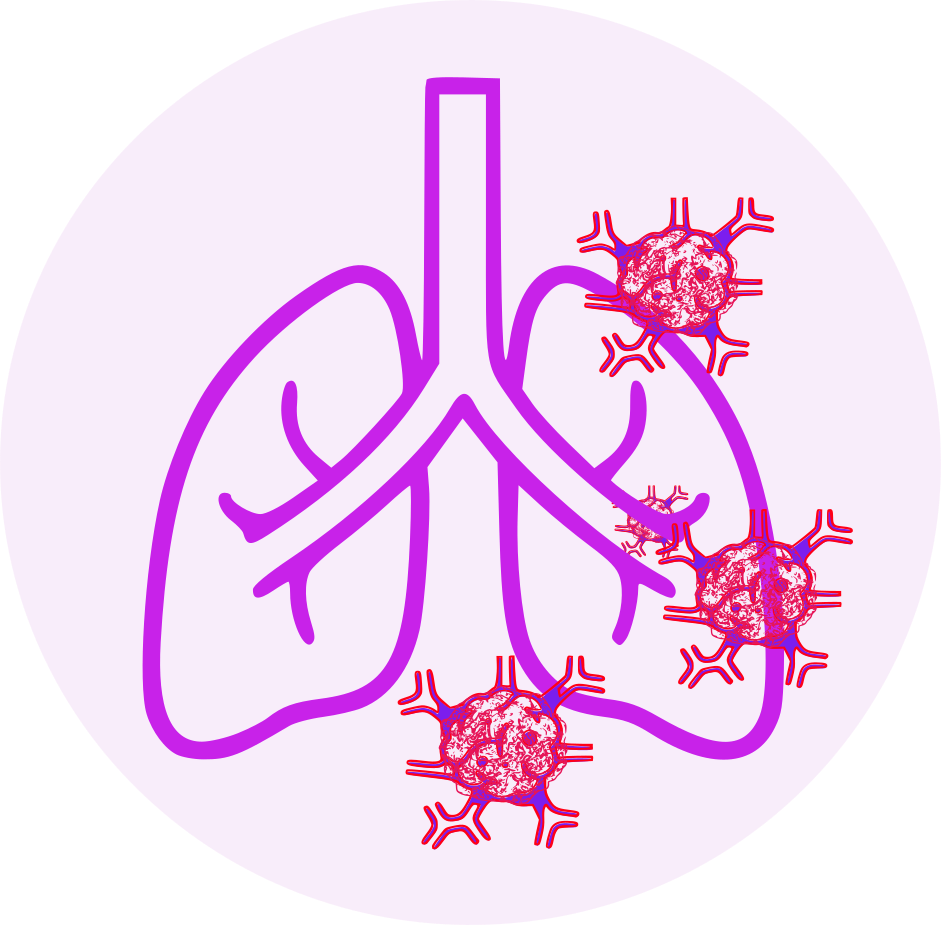
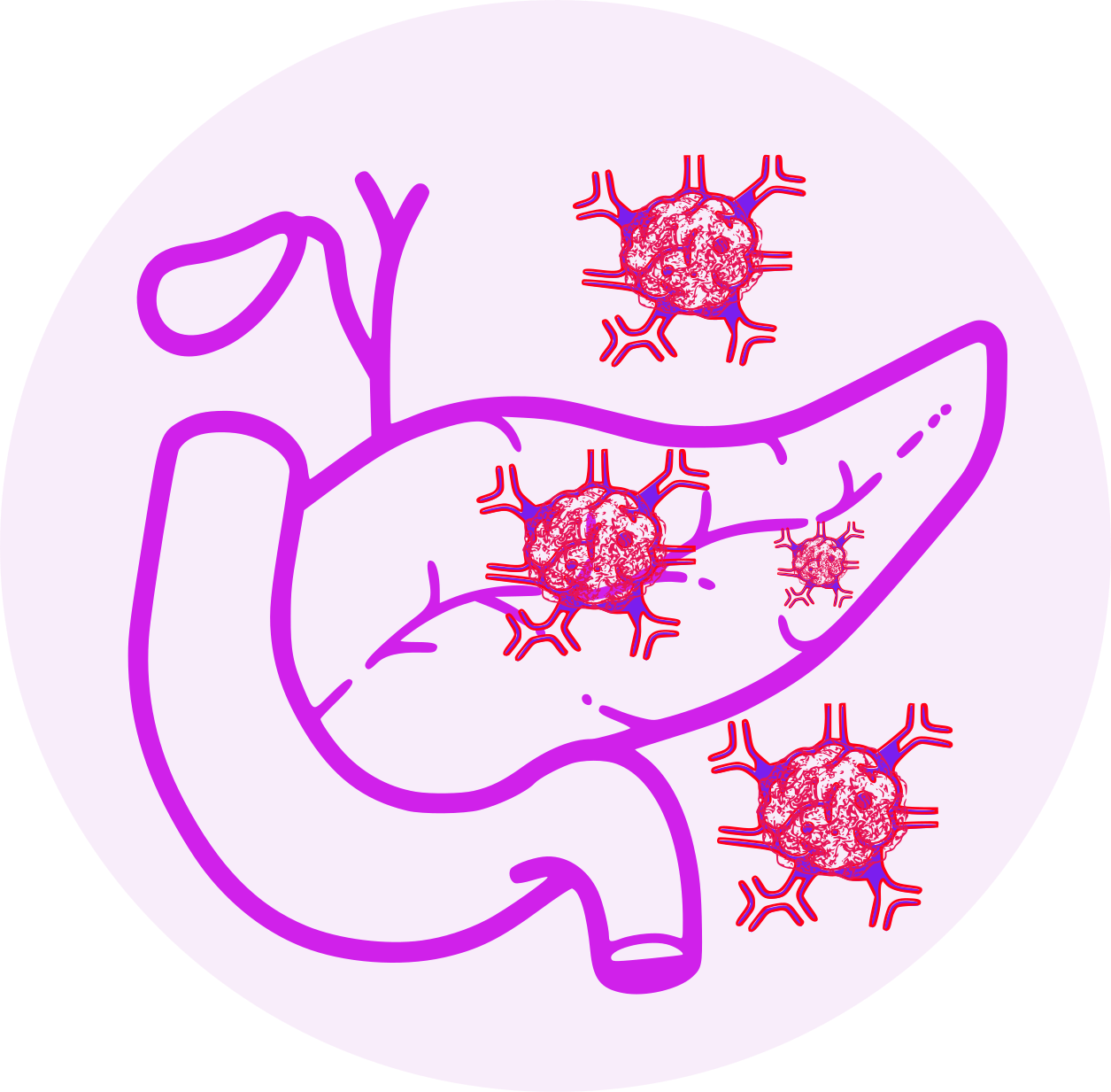
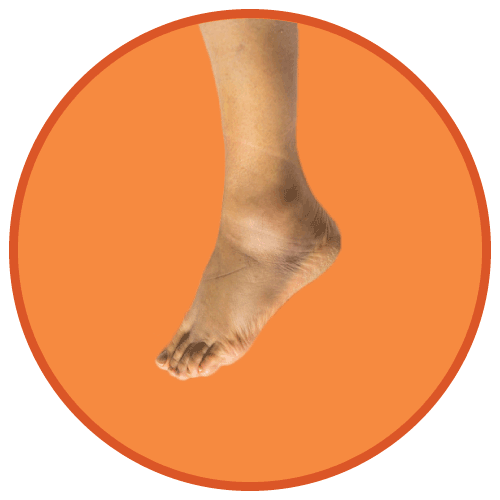

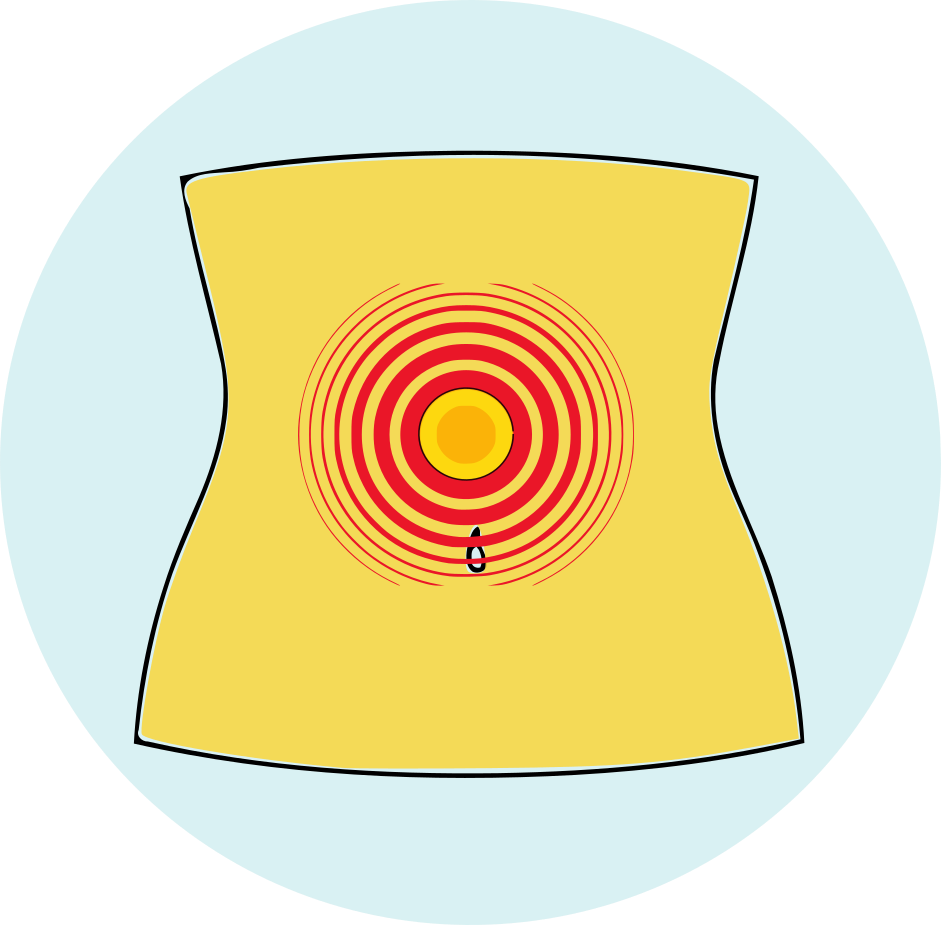
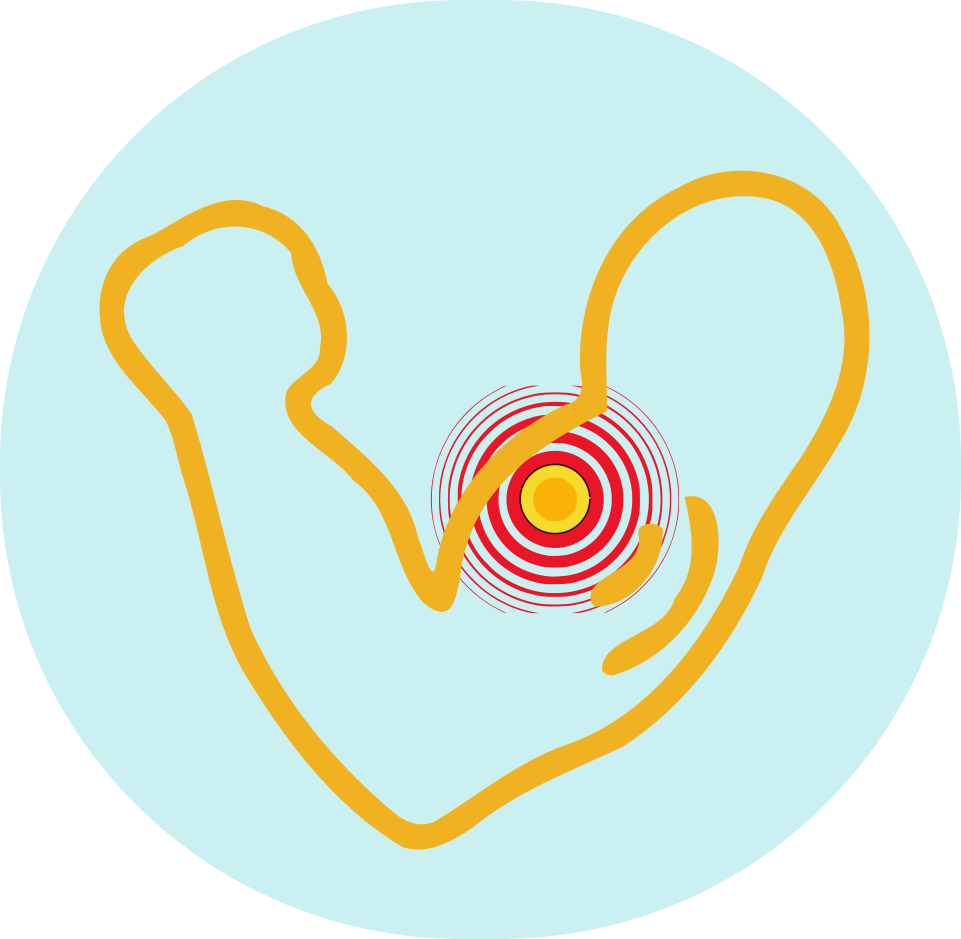

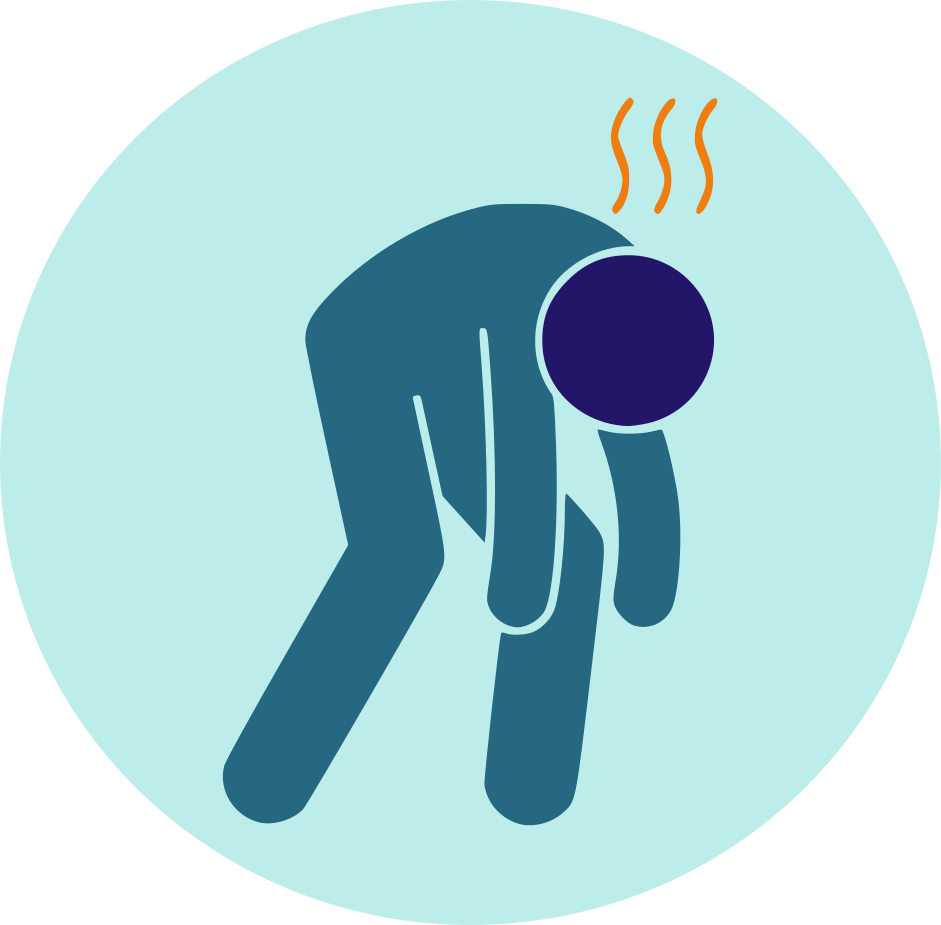
 Bangla
Bangla English
English